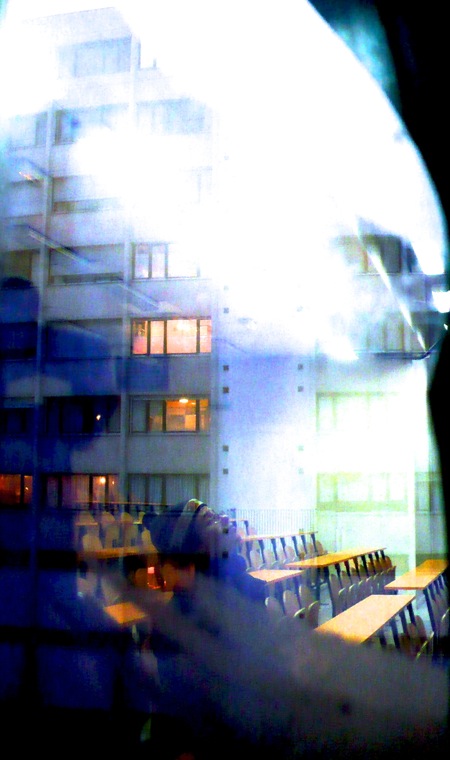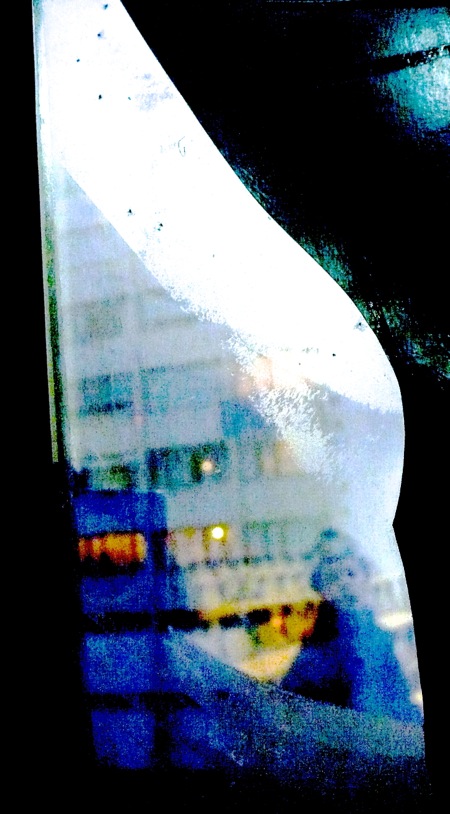When academics decide to set their sights towards studying academic culture, there is an amusing trend in their choice of research objects. Call it disciplinary exophilia, the desire for the other. For who do academics study when they study academics? Themselves? Why, no. Au contraire. The anthropologists study the scientists (Joe Masco), and the historians study the anthropologists (George Stocking). Sometimes the scientists study history (Peter Galison), but more often they study postmodern philosophy with great care and concern (Alan Sokal), while the post-modern philosophers are, of course, studying science with equal vigor (Foucault). Education researchers, not themselves known for being particularly enterprising, study academic entrepreneurs (Slaughter and Leslie). The conservatives, naturally, scrutinize left-wing radicals (David Horowitz) while left-wing radicals study the ostensibly moderate and relabel them neoliberals (David Harvey). Sociologists study how humanists rate and rank each other (Michèle Lamont), while literary scholars write reports on how physicists are lazy readers of their colleagues’ papers (Charles Bazerman). A few brave souls study the presidents and boards of trustees (Thorstein Veblen may have lost his job over it), while the presidents generally don’t do research of their own, but they do request studies on how to cut costs by 3-9% in the next fiscal year. Opposite disciplines attract, sharpened knives held out in front as they charge towards each other.
What is this disciplinary exophilia, this tendency to choose to critically examine someone else’s discipline rather than one’s own, a tendency, reduced to its structural basis, to examine the other rather than the self, in short an unjustifiable bias towards alterity in one’s scholarly objectifications? Now of course it is the case that occasionally disciplines do self-scrutinize. But what happens then? The same thing, of course, just exactly the same kind of alterity bias, repeated on a smaller scale: the temptation is irresistible to scrutinize one’s colleagues, one’s theoretical competitors, one’s students, one’s elders, in short, those bad others that ruin one’s discipline. (I leave the provision of examples of this sort as an exercise to the academic reader.) Once in a while, true enough, individual academics do manage to self-scrutinize; however they seldom scrutinize their present; instead they are more often concerned to analyze their past self, which is, after all, almost like examining someone else.
So why not reverse this hideous bias away from self-scrutiny? Let’s start right here, right now, right in this very blog post. In fact, let’s start by scrutinizing this very sentence. Wait. This sentence? No, that one back there, three sentences back. Didn’t it enact a hidden politics of self-satisfaction and indulgence? Wasn’t it a bit lumpy, ill-formed, a bit past the parameters of good style? Rotten, really. Rotten. Not remotely up to the high standards of reflexivity established by David Moser’s aptly-titled “This Is the Title of This Story, Which Is Also Found Several Times in the Story Itself” (a story which, parenthetically, I strongly suggest you, the reader, immediately read).
Dominic Boyer, my college advisor, once made a valiant attempt at self-scrutiny but it also ended in immediate failure (which was, alas, precisely his point). I quote: Continue reading “Disciplinary exophilia, or, how self-scrutiny always misses” →

